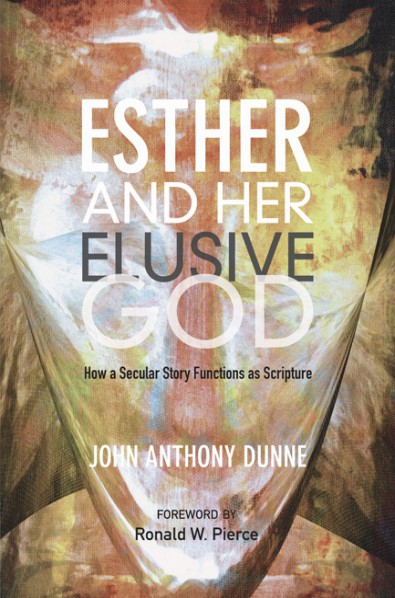Two weeks ago the newest issue of Themelios (39.3 [2014]: 517–519) contained a review of my Esther book by Dr. Ched Spellman. This is the fourth review that I’ve come across (see the other reviews by Brian C. LePort, Joel Watts, and Brant Clements) and the first one in a journal.
I’m grateful for the generally positive review, including the conclusion, which states:
Because the option of ignoring or downplaying the oddities and difficulties of Esther is inadequate, those who disagree in part or on the whole with Dunne’s take on the book will need to offer alternative explanations that deal adequately with the narrative’s textual realities.
I’d like to express my thanks to Dr. Spellman for taking the time to review my book. And I’m truly grateful that he found it worthwhile. Of course, all reviews contain a bit of grit with the gravy, and so Dr. Spellman offers his quibble with my designation of Esther as “a secular story.” To be clear, the story is secular because the characters are secular, not the author. That’s something I try to progressively demonstrate through the course of the argument in the book; this is why the allusions to the Passover and Joel 2, etc have the force that they do. I start with the idea that Esther is a secular story because this is more or less the consensus view about Esther. And so it is from that basic starting point that I attempt to show how there are important distinctions between the author and the characters (something I emphasize in Chapter 5, Esther and the Church). That’s what the subtitle of my book means as I try to demonstrate in the book. When I refer to the “story” as secular I’m not referring to its composition or the author, but the characters. The distinction is sort of like what we see in the film, The Book of Eli. Before you see the film you might think that Eli has a book, but in the end you realize that Eli is the book, being a blind man who memorized his book. So it is the book that defines in what way the story is secular, just like in the Book of Eli it is the film that defines in what way Eli has a book.
If you’re interested, you can read the full review here.





Leave a Reply
Your email is safe with us.